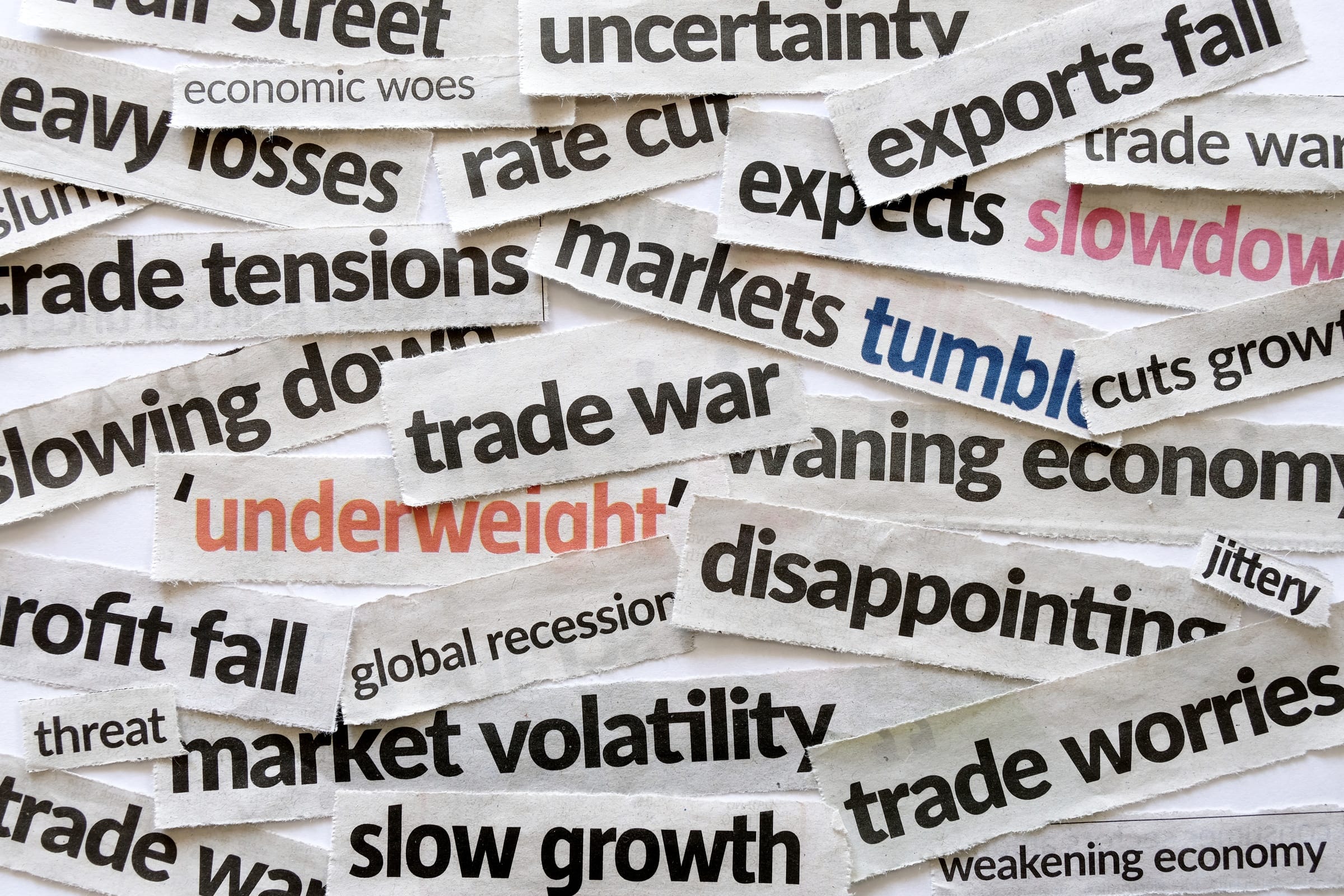Global economic growth will be half as fast over the next decade as it was in the 2010s, according to an economist.
With the global economy already showing signs of a slowdown, Simon Baptist, chief economist at the Economist Intelligence Unit (EIU) suggested that patterns of growth are changing, and that growth itself can no longer be taken for granted.
The International Monetary Fund (IMF) recently downgraded its global growth expectations for 2019 to 3%, the lowest since the financial crisis in 2008/9, owing largely to the fallout from U.S.-China trade tensions.
Over the past ten years, a dozen or so countries have ended up with a lower level of real GDP than they had at the turn of the decade, including the likes of Greece, Iran and Libya, while Ukraine and Italy were flat. In a note Friday, Baptist suggested that the world will now have to grow accustomed to a slowing Chinese economy as well.
“I expect that growth will be roughly half as fast in the 2020s as it was in the 2010s. The fastest-growing countries will be in Africa (although not Nigeria) and south and south-east Asia, with Bangladesh, Kenya and the Philippines all looking at a strong decade,” he said.
Countries with the fastest ageing and declining populations, such as Japan, Italy and Portugal, can expect growth close to zero, while ageing more broadly is likely to cause difficulties such as strengthening currencies and increased care needs in emerging markets like China, Russia and Thailand.
A third trend Baptist foresees is a continuation of political instability, with rising literacy and the falling costs of communication revolutionizing the political landscape in emerging markets.
“As this week’s protests over anti-Muslim laws in India show, the policies that result from these shifts in communication do not always facilitate well-being or growth,” he said.
Another key development the EIU anticipates is a “sustained divergence” between the U.S. and China, with intractable differences extending far beyond the bruising 18-month trade war between Washington and Beijing.
“Both sides will be putting companies and other countries into uncomfortable positions as a result,” Baptist concluded.


